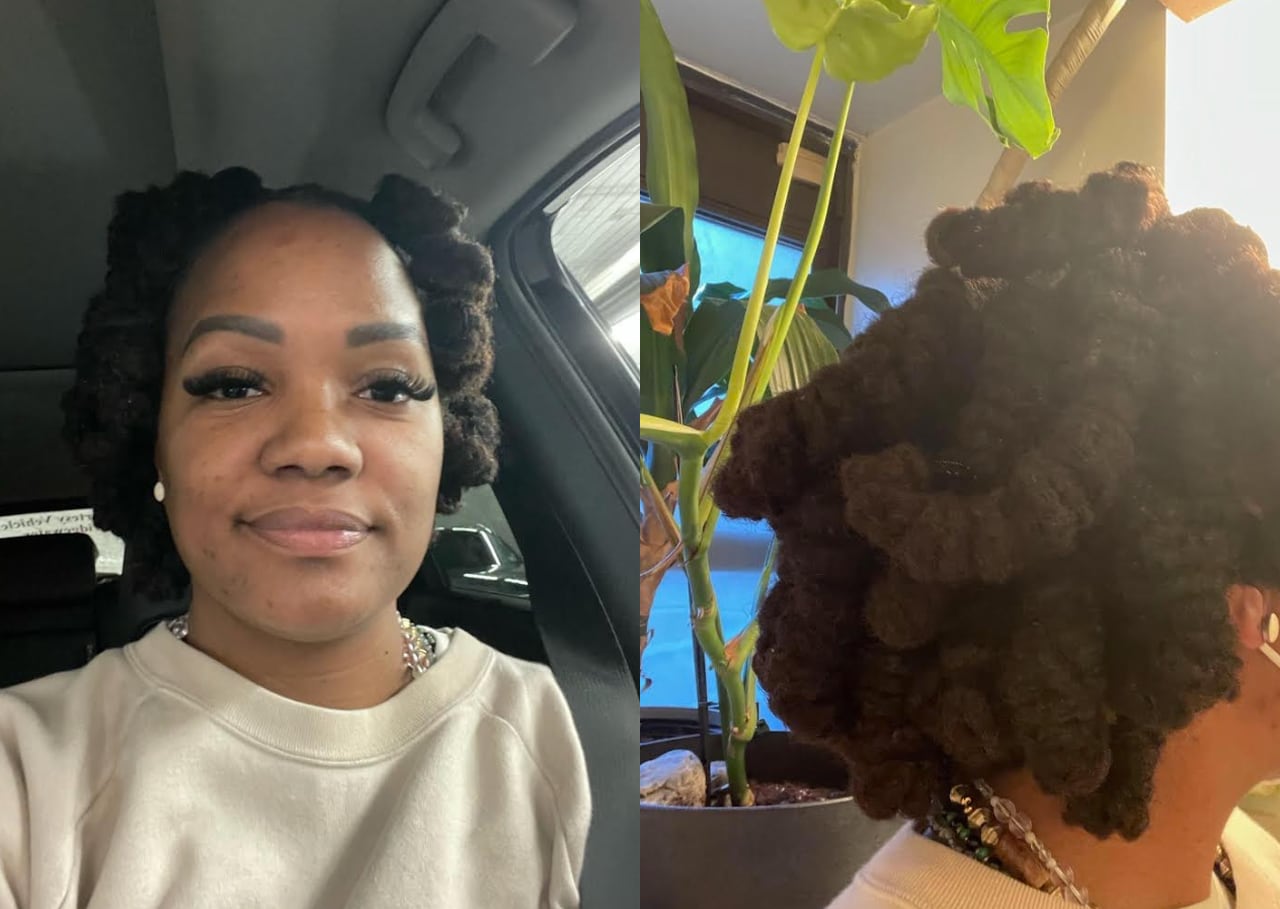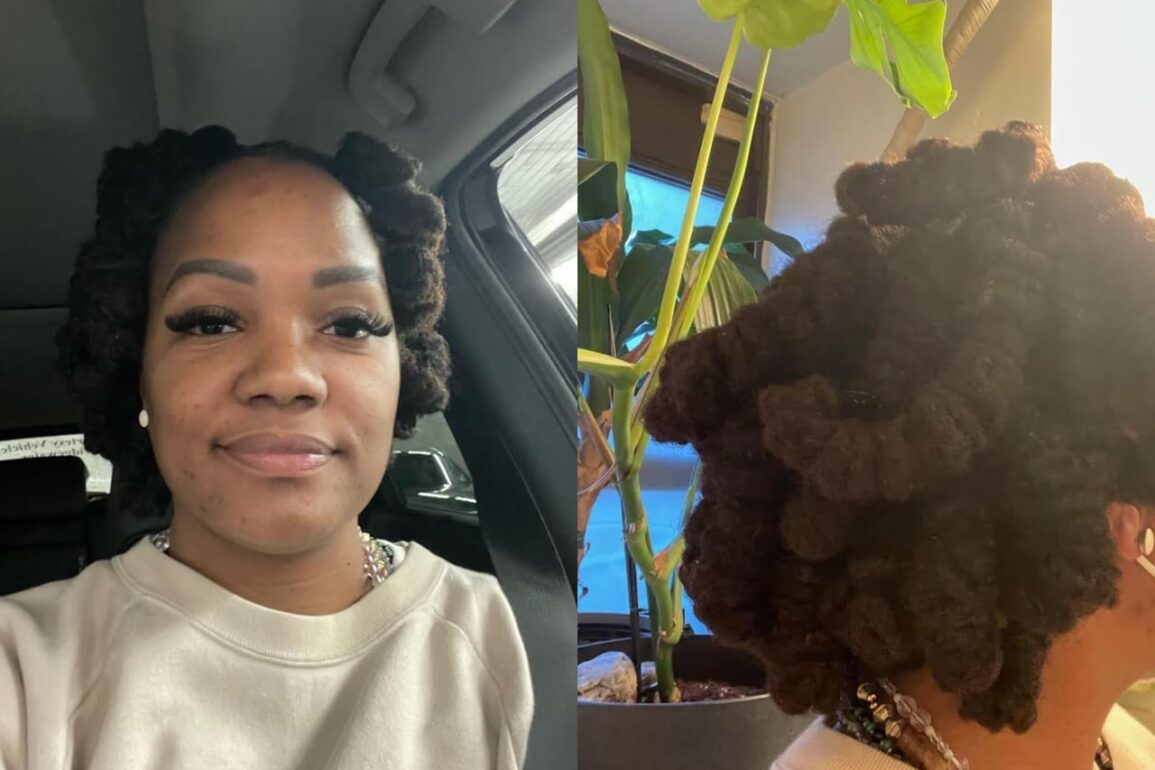
A Black police officer with more than 10 years experience at Maplewood Police Department has filed suit alleging she was wrongly targeted and disciplined after wearing her hair in Bantu knots, a traditional African hairstyle.
Officer Chian Weekes-Rivera filed the suit against the town, its police department and Capt. Peter Kuenzel alleging discrimination in violation of state civil rights laws. In addition, Weekes-Rivera said her immediate supervisors were disciplined for not taking her to task over the hairstyle.
“This shows institutional racism and a willfulness to discriminate,” John Coyle, the attorney representing Weekes-Rivera told NJ Advance Media. “When you look at what institutional racism is, there’s probably no better definition than a police captain disciplining sergeants for not discriminating against an officer.”
Weekes-Rivera experienced embarrassment, shame, and a loss of dignity as a result of the discrimination, according to the lawsuit.
Kuenzal did not respond Monday to requests for comment. Kuenzal has been employed with Maplewood Police Department since 1999 and previously served as a detective, patrol sergeant, and patrol lieutenant, before being promoted to captain in 2023.
In a statement Monday, the township’s governing body said it was directing the police department to review its policies.
Weekes-Rivera arrived at work on Aug. 20 with her hair in Bantu knots, a traditional African hairstyle. It was a hairstyle Weekes-Rivera had worn to work before without issue, said Coyle.
On Aug. 31, Weekes-Rivera received written notice of an internal affairs complaint accusing her of a “manner of dress on duty” violation from Aug. 20 to 23, and later “written up,” according to the lawsuit.
A records request filed Monday by NJ Advance Media for a copy of those rules and regulations was not immediately answered.
Weekes-Rivera also learned her sergeants were disciplined by Kuenzal for ”failure to supervise” when they “decidedly refused to discriminate against Officer Weekes-Rivera for her hairstyle,” according to the lawsuit.
In a separate notice, Coyle said the police captain informed Weekes-Rivera she was in violation of the dress code policy for having worn her hair in “rollers” to work.
New Jersey became the third state to prohibit discrimination on the basis of hair in 2019 after Gov. Phil Murphy signed new legislation amending the state’s discrimination laws to include, ”traits associated with race including, but not limited to, hair texture, hair type, and protective hairstyles,” like twists or braids.
More than 20 other states have also adopted the legislation, known as the CROWN Act.
The measure was introduced in New Jersey after a Buena Vista High School student was forced by a referee to choose between forfeiting a wrestling match or cutting his dreadlocks to compete.
Despite the CROWN Act, research shows race-based hair discrimination still remains a widespread issue, particularly for Black women in the workplace.
Black women’s hair is twice as likely to be perceived as unprofessional, according to 2023 study commissioned by Dove and LinkedIn. The study, which surveyed 2,990 respondents, also found Black women with coily/textured hair are more likely to experience microaggressions in the workplace than Black women with straighter hair.
A microagression is a verbal, behavioral or environmental slight which, whether intentional or unintentional, communicates negative attitudes toward stigmatized or culturally marginalized groups.
Coyle said he believes the lawsuit filed by Weekes-Rivera against Maplewood is the first known case in New Jersey centered on a violation of the CROWN Act since the legislation’s adoption.
In a statement Monday, the township committee said it has “directed its Police Department to immediately review its policies to ensure compliance with the law.”
Our journalism needs your support. Please subscribe today to NJ.com.
Jackie Roman may be reached at jroman@njadvancemedia.com.
This post was originally published on this site be sure to check out more of their content.









